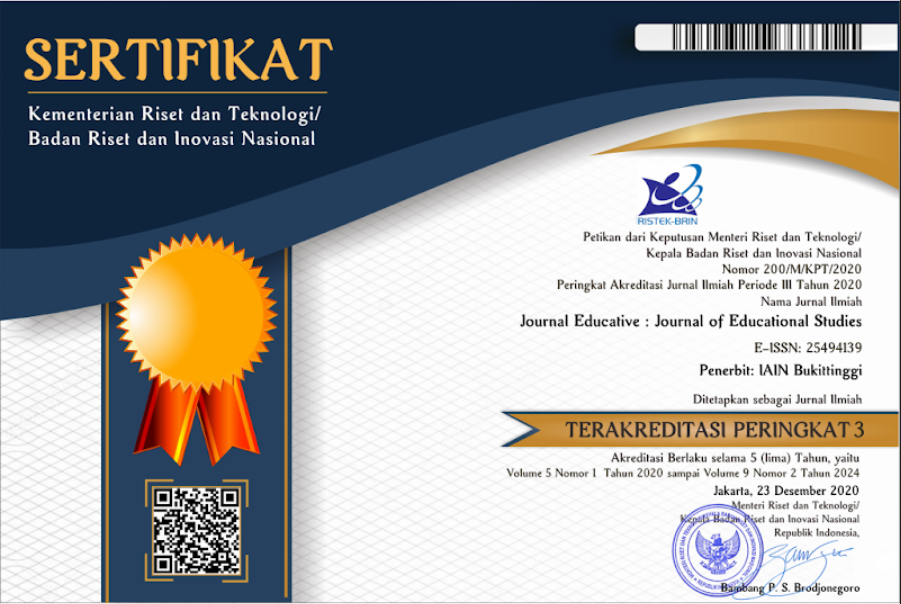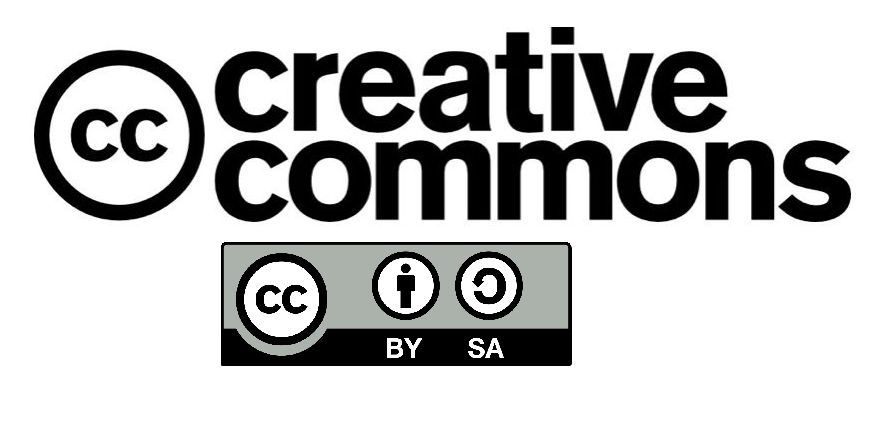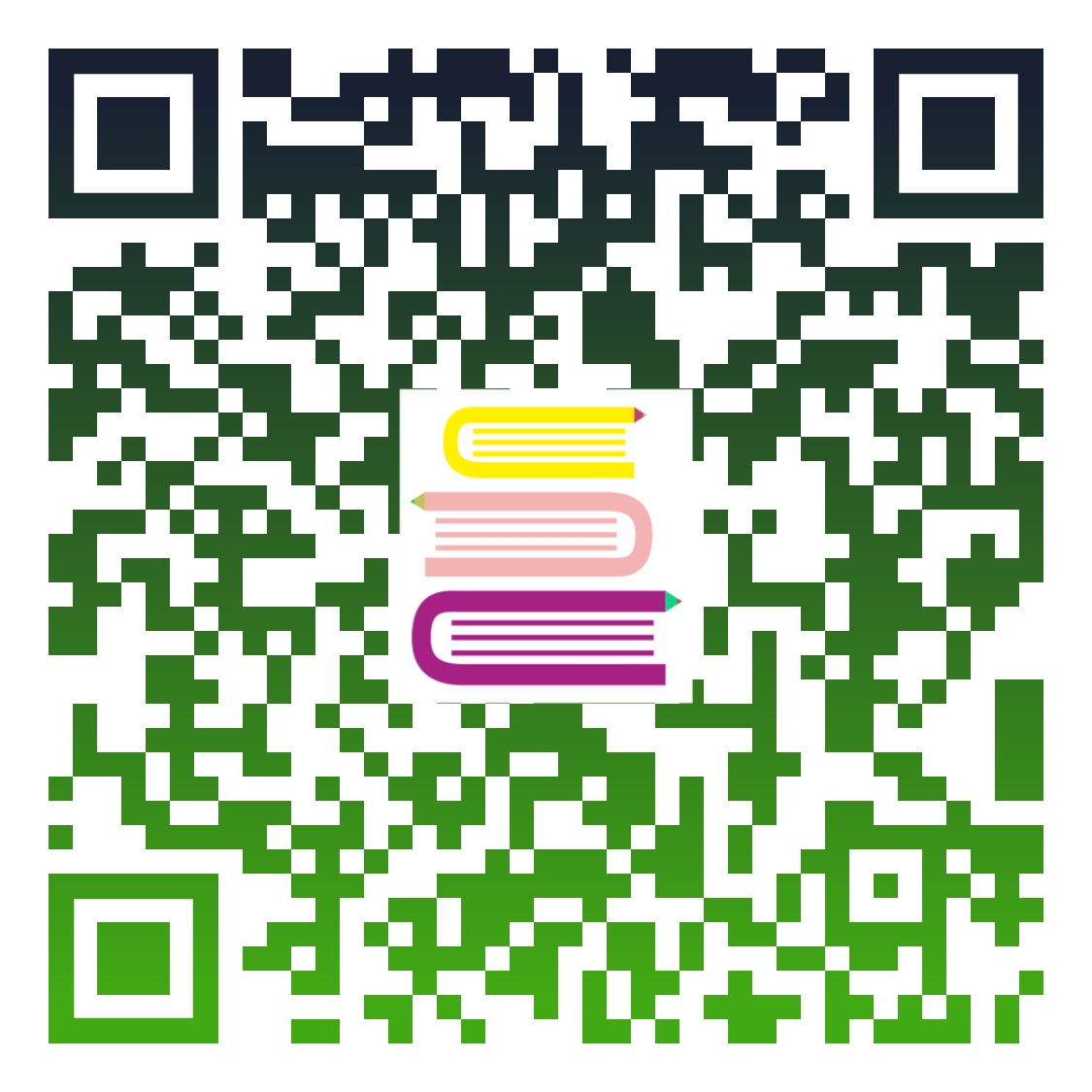Jurnal Educative : Journal of Educational Studies publishes original articles on the latest issues and trends occurring internationally in curriculum, instruction, learning, policy and preparation of teachers with the aim to advance our knowledge of education theory and practice.
Jurnal Educative focuses on educational social science, psychology, technology, curriculum development and other educational multidisciplines.
In addition to original articles, the journal features the following special sections:
- Critical Perspectives in Education : composed of empirical research, conceptual arguments, or reviews that focus on learning, pedagogies, cirricula, or initiatives that explicitly question or challenge the dominant goals and aims of the field. This may include macro- (e.g., policy) or ground-level (e.g., classrooms, out-of-school, community settings) considerations of: sociopolitical contexts of oppression, their intersections, anti-oppressive directions, and/or alternative possibilities as they pertain to education.
- Learning : consisting of theoretical and empirical research studies on learning. We invite manuscripts that investigate learning and its change and growth from various lenses, including psychological, social, cognitive, sociohistorical, and affective. Studies examining the relationship of learning to teaching, the knowledge and practices, the learners themselves, and the contexts (social, political, physical, ideological, institutional, epistemological, and cultural) are similarly welcome.
- Issues and Trends : consisting primarily of analytical, interpretive, or persuasive essays on current educational, social, or philosophical issues and trends relevant to the teaching. This special section particularly seeks to promote informed dialogues about current issues in education, and carefully reasoned papers representing disparate viewpoints are welcomed. Manuscripts submitted for this section may be in the form of a position paper, a polemical piece, or a creative commentary.
- Education Policy : including reports about the goals and/or underlying principles of policies adopted by government, interest groups, school districts, etc., and their effect on teaching and learning. Additionally, research on education policy relates to a critical examination of how theory, research, and practice of education are influenced by policy decisions.
- Learning in Everyday Life : consisting of analytical, interpretative, or philosophical papers regarding learning outside of the formal classroom. Papers should investigate experiences in settings such as community, home, the Internet, after school settings, museums, and other opportunities that develop science interest, knowledge or practices across the life span. Attention to issues and factors relating to equity in learning are especially encouraged.
- Teacher Education : consisting of original empirical and/or theoretical research that examines the preparation of teachers, the work of teachers, or how teachers' work is influenced by a broader context. "Teacher education" refers to development throughout the continuum of one’s teaching career, from pre-service, through induction, into advanced professional stages of teaching.





